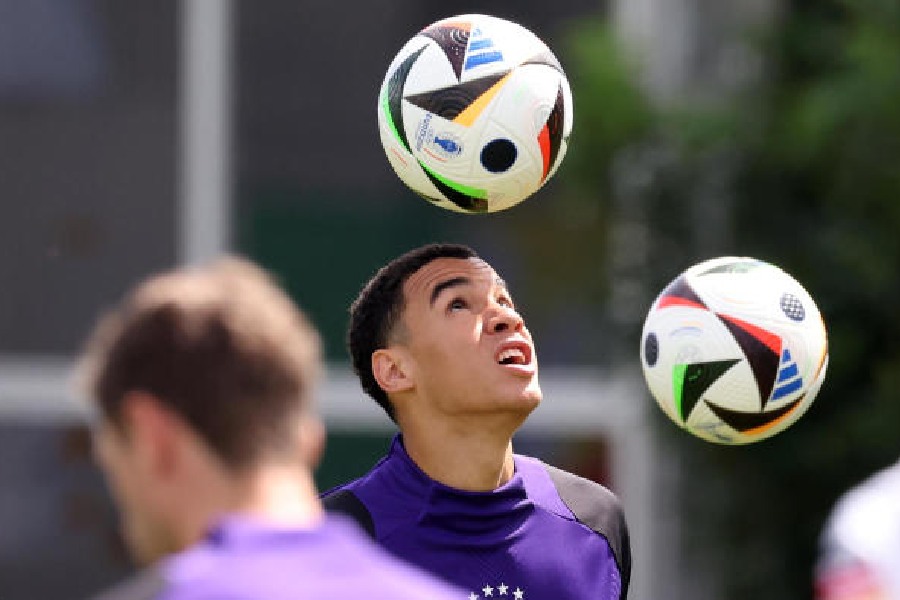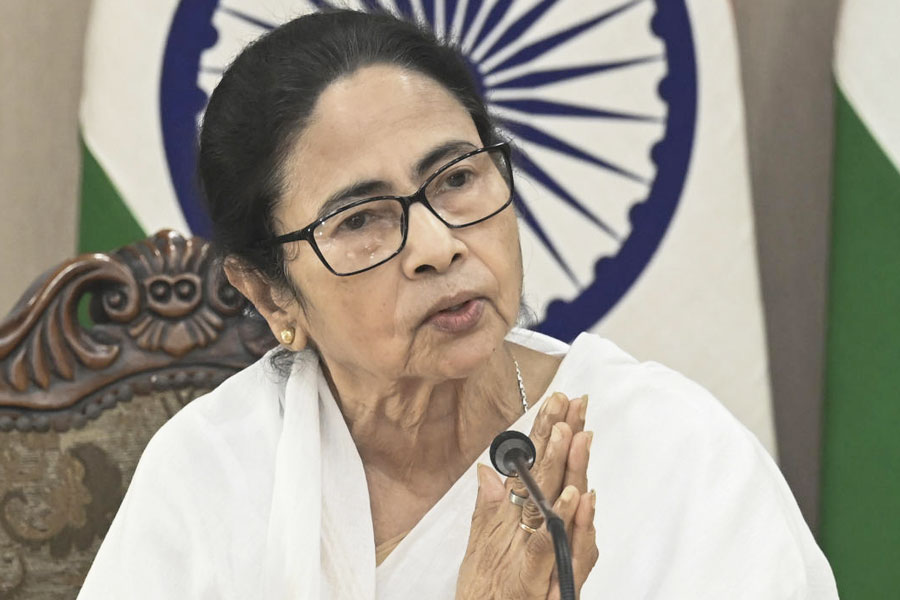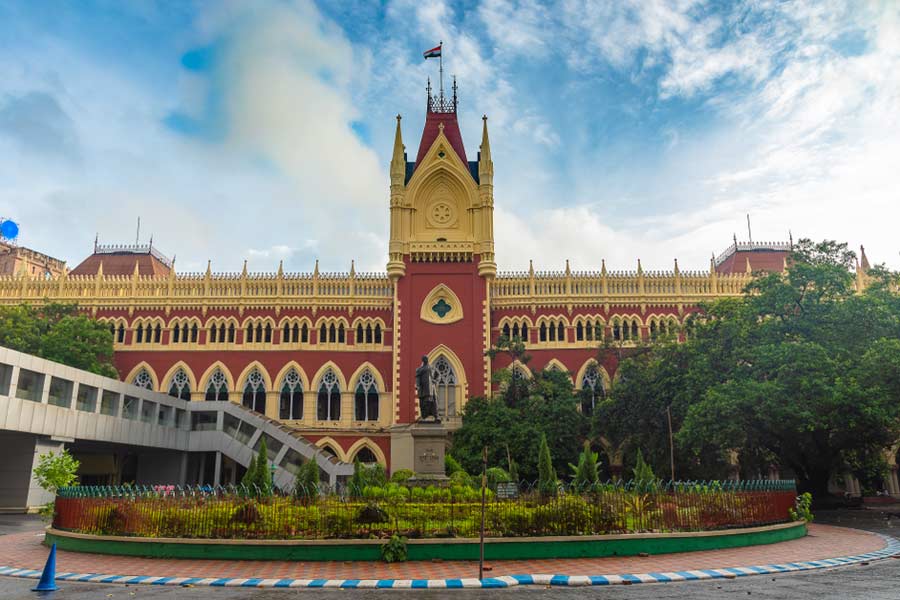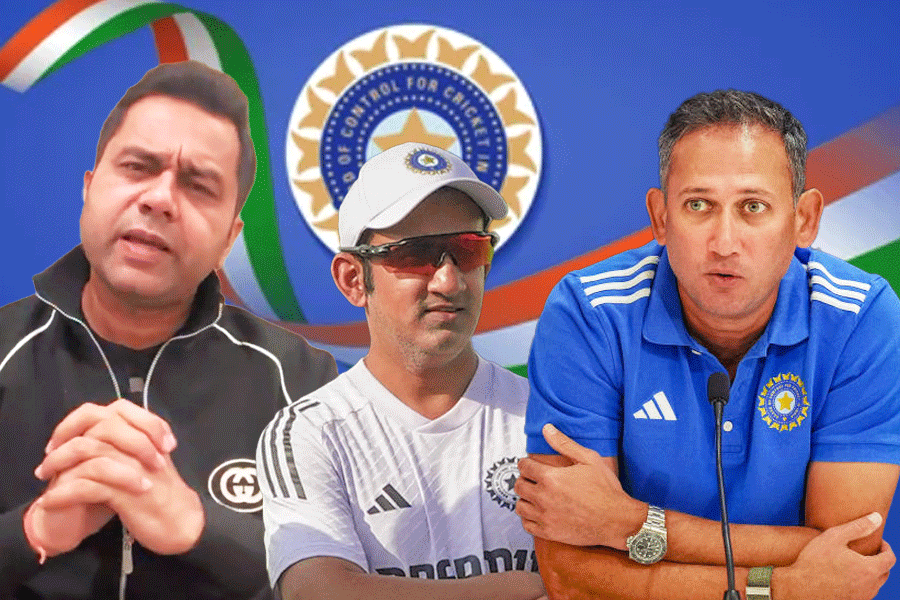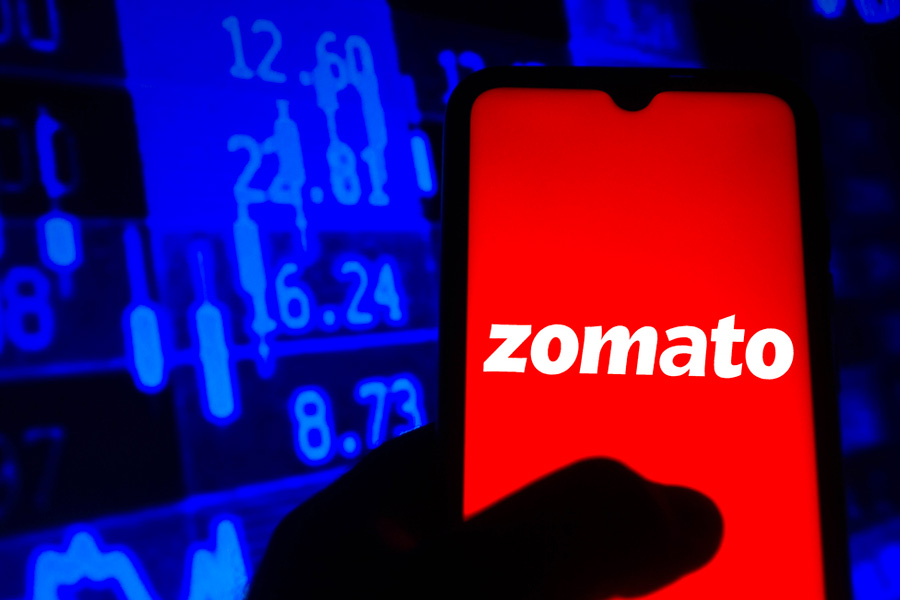The sound of bagpipes, and men in kilts on the streets of Munich — Scotland are in town and the excitement is ramping up ahead of the European Championship curtain raiser on Friday.
Hosts Germany play Scotland at the Allianz Arena in the opener of the month-long tournament.
The July 14 final is in Berlin and Germany are even keener to get there after three straight fiascos at major tournaments that have forced their fans to readjust their expectations of the men’s national team.
“We are not here just to say hello but we still have to be humble,” Germany defender Antonio Ruediger said. “We don’t have to talk about past tournaments, we all know what happened there.
“It’s been up and down for us all the way here and that’s why we have to be humble. The first match is very important and then we’ll see what happens during the rest of the tournament.”
A good first match and group stage would set off a new wave of excitement in Germany, even though scenes similar to when they brilliantly hosted the 2006 World Cup (and reached the semi-finals) are hard to imagine in a changed political landscape.
While the Scots are out in droves in Munich, proudly wearing their team jerseys (many combined with kilts), there is hardly a sighting of a Germany shirt or flag. Political extremists are flourishing, anxiety pervades the country, and the national team has under-performed. It is understandable the home fans are going about their daily life in contrast to the partying visitors.
While the Germans are bemused by their raucous Scottish counterparts, there should still be plenty of more colours on matchday.
“First and foremost, there’s a lot of anticipation because it’s a huge event,” Germany coach Julian Nagelsmann said. “It’s probably not just Europe, but the whole world will be watching how the Euros will go... we’re really looking forward to it.”
Germany, who last won Euro in 1996, went out at the group stage of both previous World Cups and were eliminated by England in the Round-of-16 at last edition’s European Championship. But defeat to Scotland would be a shock, even though the Scots have improved a lot in recent years.
“It’s going to be an amazing experience… Being part of that kind of opening ceremony,” Scotland forward Ryan Christie said when asked about playing the opener.
“Germany, an amazing team. All the international teams go through peaks and drops in form. But when these big tournaments come up, the big teams normally show up most of the time. So it will be a really tough game.”
Hungary and Switzerland are also in Group A.
Having failed to reach the Euros from 2000-16, Scotland have qualified for back-to-back tournaments and their next aim is to reach the knockout stage for the first time.
“That’s the dream,” Christie said. “To everyone around Scotland, it would mean the world. If we come out of the group stages, that’s the furthest Scotland will have ever been in a major tournament.
“So, you know, it puts us down in history as the most successful Scottish team ever, and that’s the kind of motivation right there. We’ve got a huge belief in ourselves, with this squad of players, that we can really do a lot of damage to other teams and hopefully do well when we go to these big tournaments.”
Scotland showed during the qualifying campaign they can surprise, in beating Spain and Norway.
Terror threat
The hosts welcomed police officers from across Europe on Thursday to bolster their defences against potential threats, with interior minister Nancy Faeser promising vigilance on the eve of the opening match.
“Our focus of course is above all on the threat of Islamist terrorism, hooligans and their offences, everyday crime, violent criminals, but this time also on cyber attacks,” Faeser said at a ceremony for around 350 foreign police officers dispatched for the event.
Groups such as the Islamic State have already called for attacks at the month-long tournament.
“Our security authorities therefore have the Islamist scene firmly in their sights,” Faeser said.

